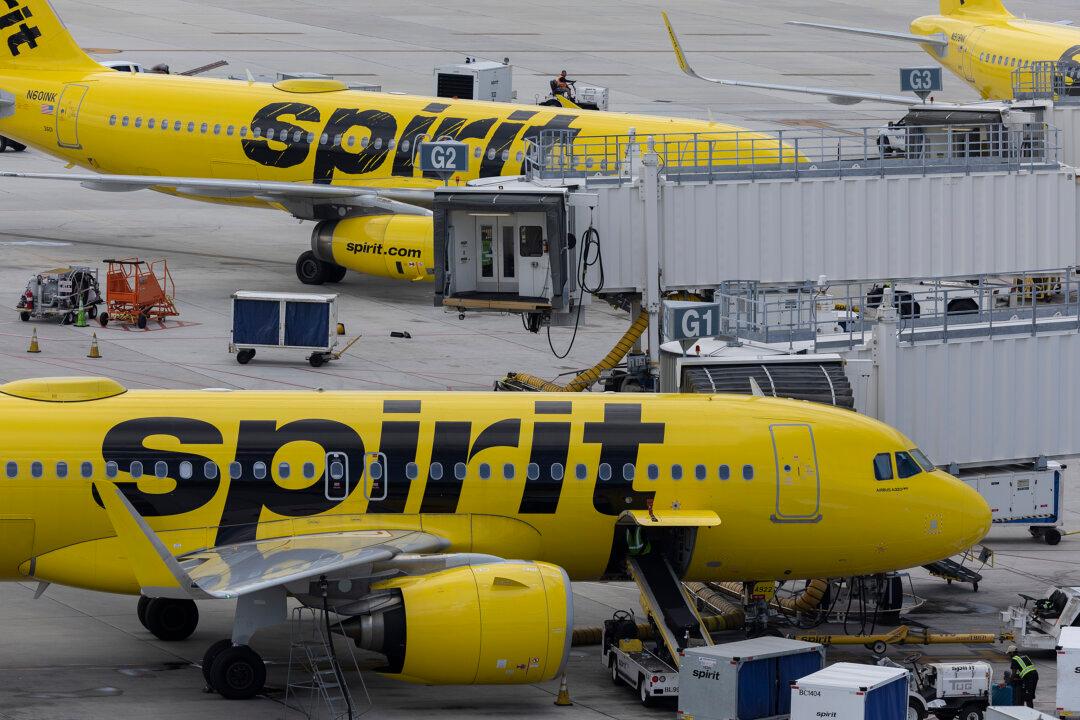Spirit Airlines has agreed to an $8.25 million settlement in a class action lawsuit that accused the low-cost carrier of misleading passengers through high, hidden baggage fees.
According to the lawsuit (pdf) filed by plaintiff Thomas Cox in 2017, Spirit was accused of having “misled the Plaintiff and numerous other consumers, and continues to mislead consumers, into believing that they are purchasing low airfare, when, in fact, Spirit makes up whatever discount it purports to give consumers in fraudulent and unwarranted charge.”





